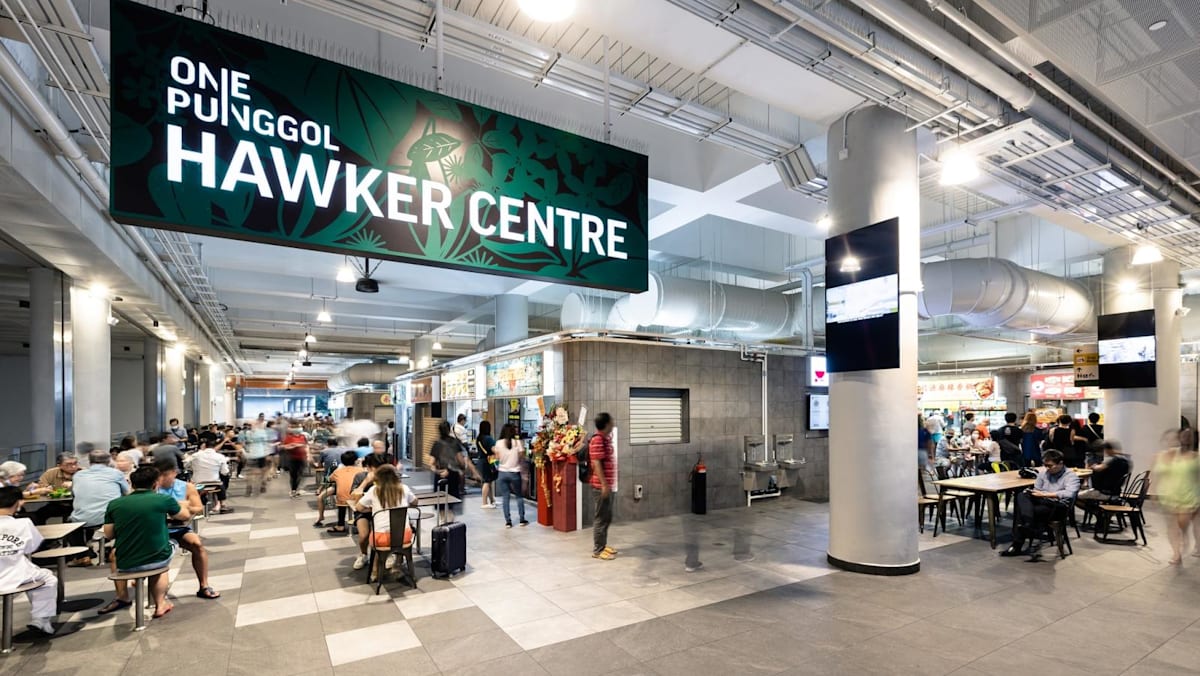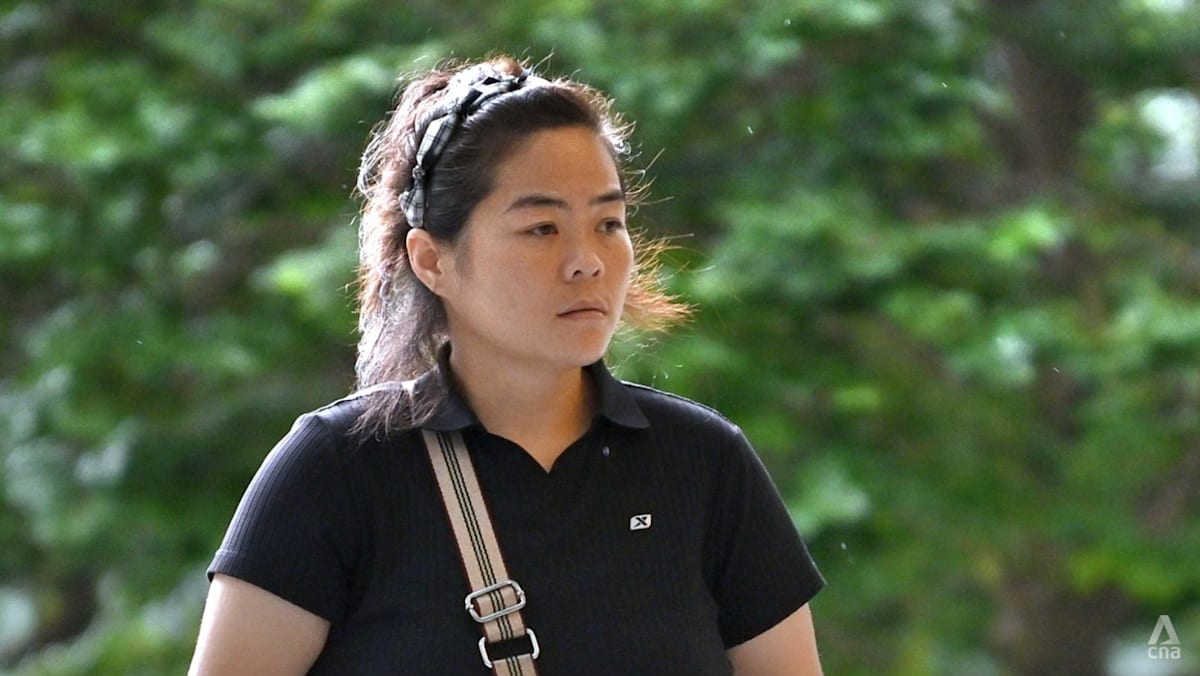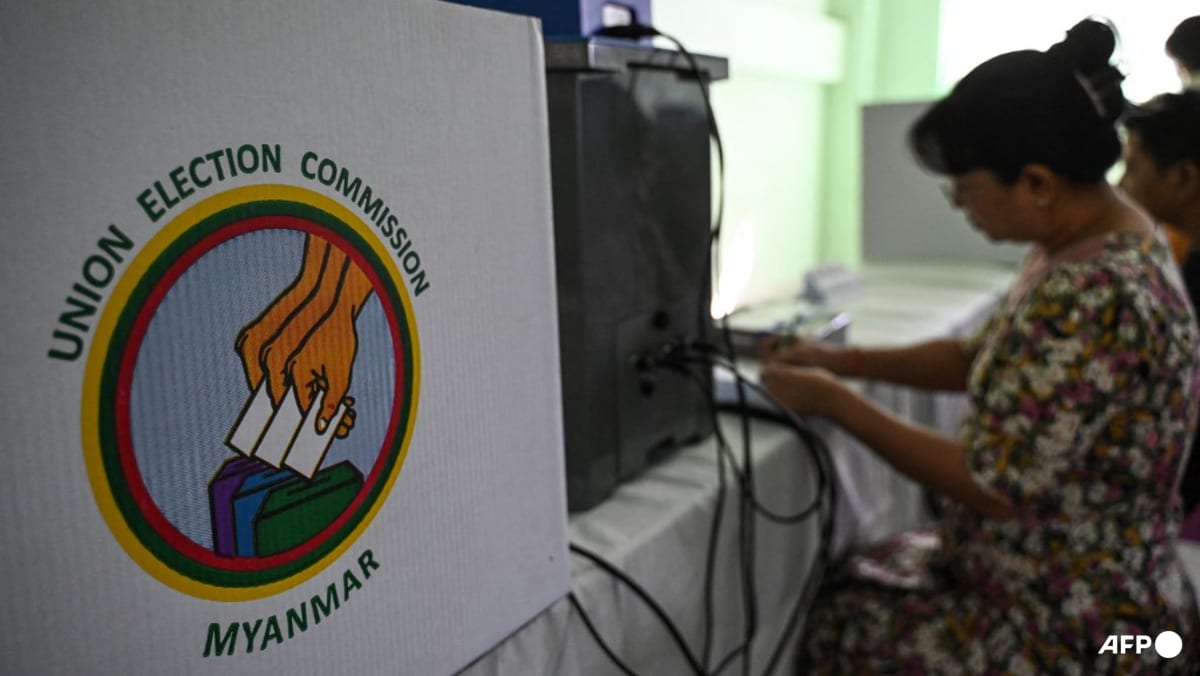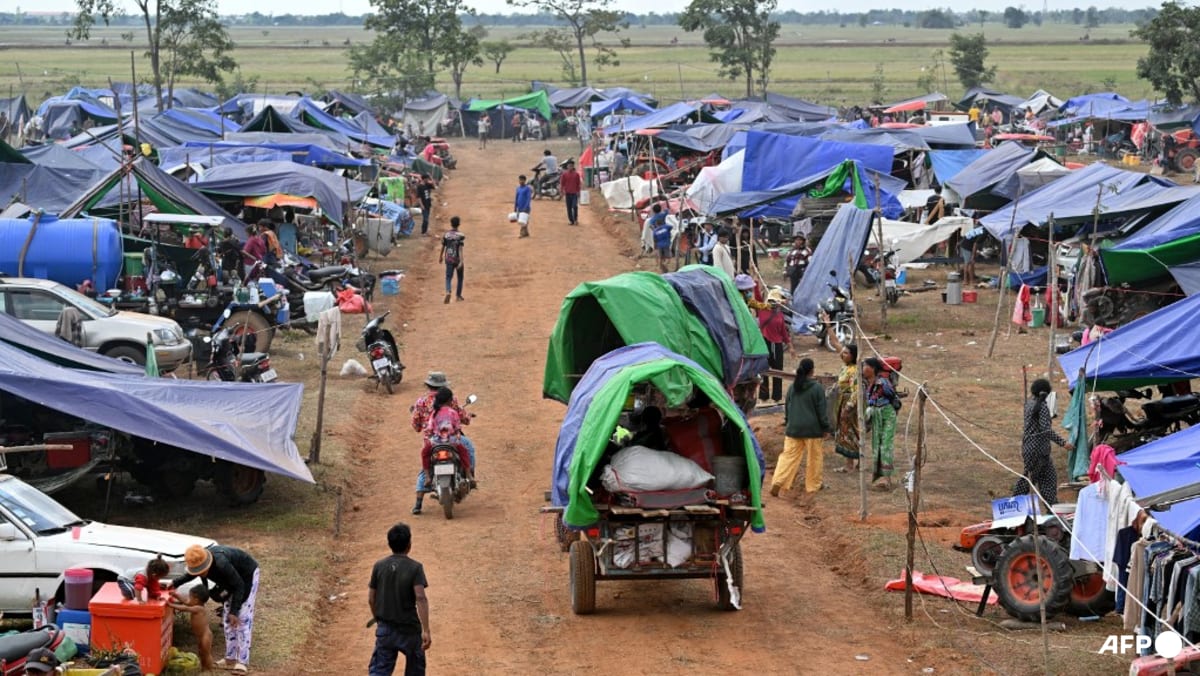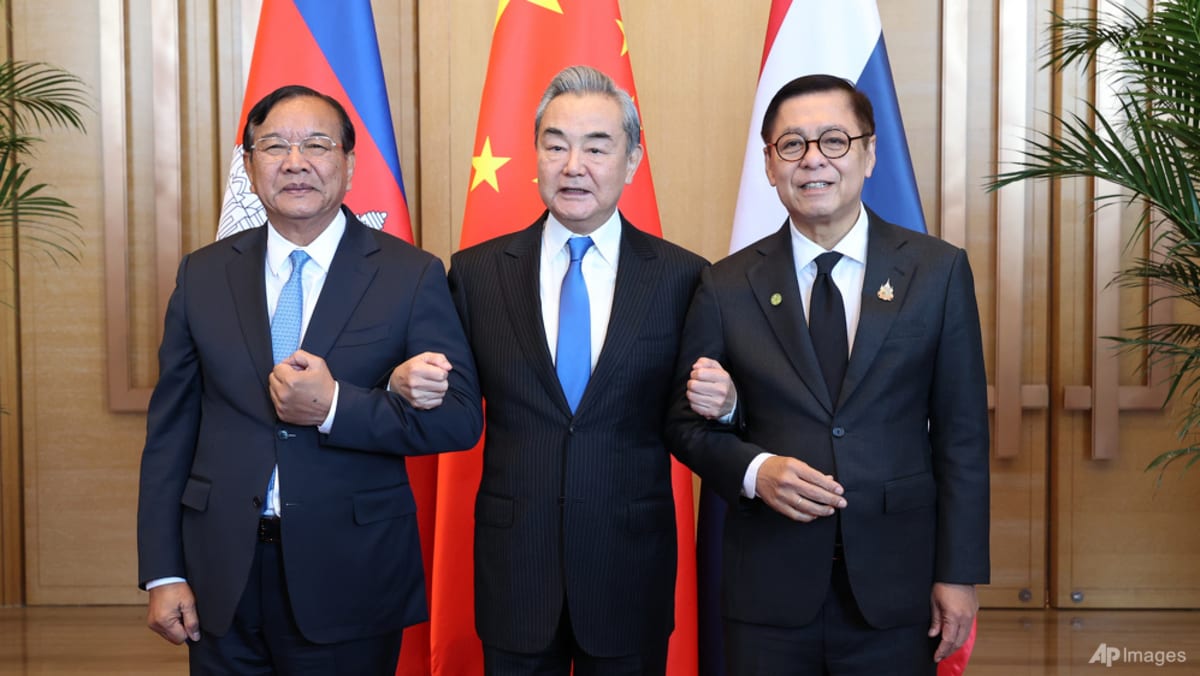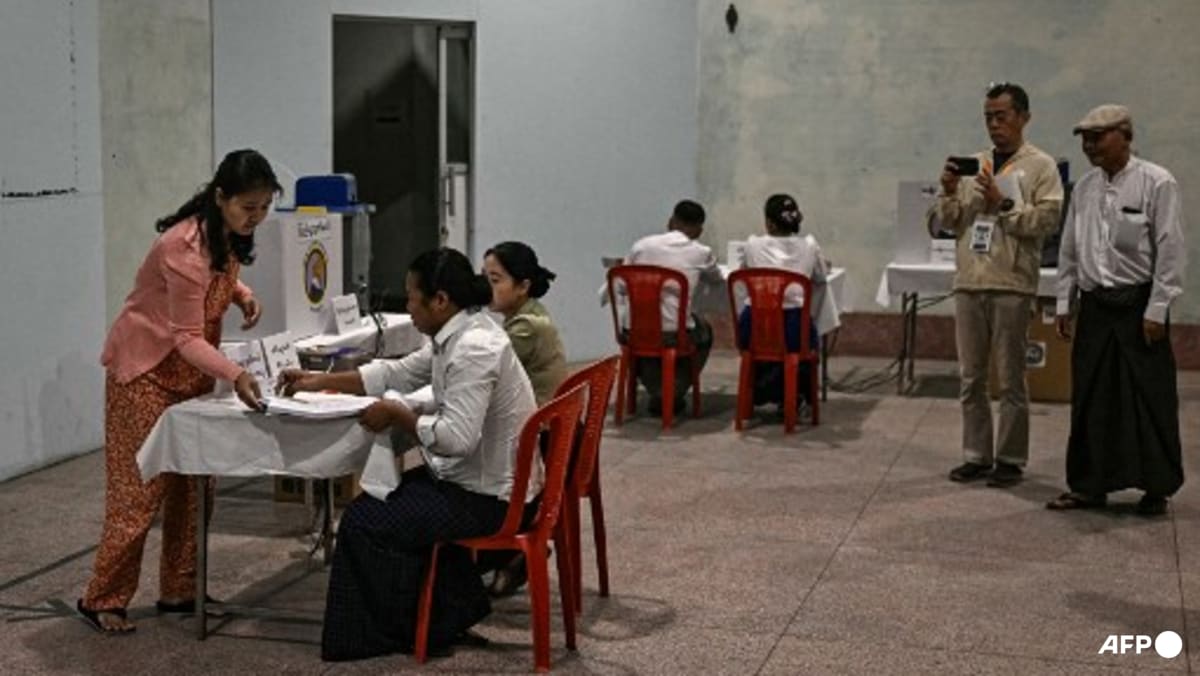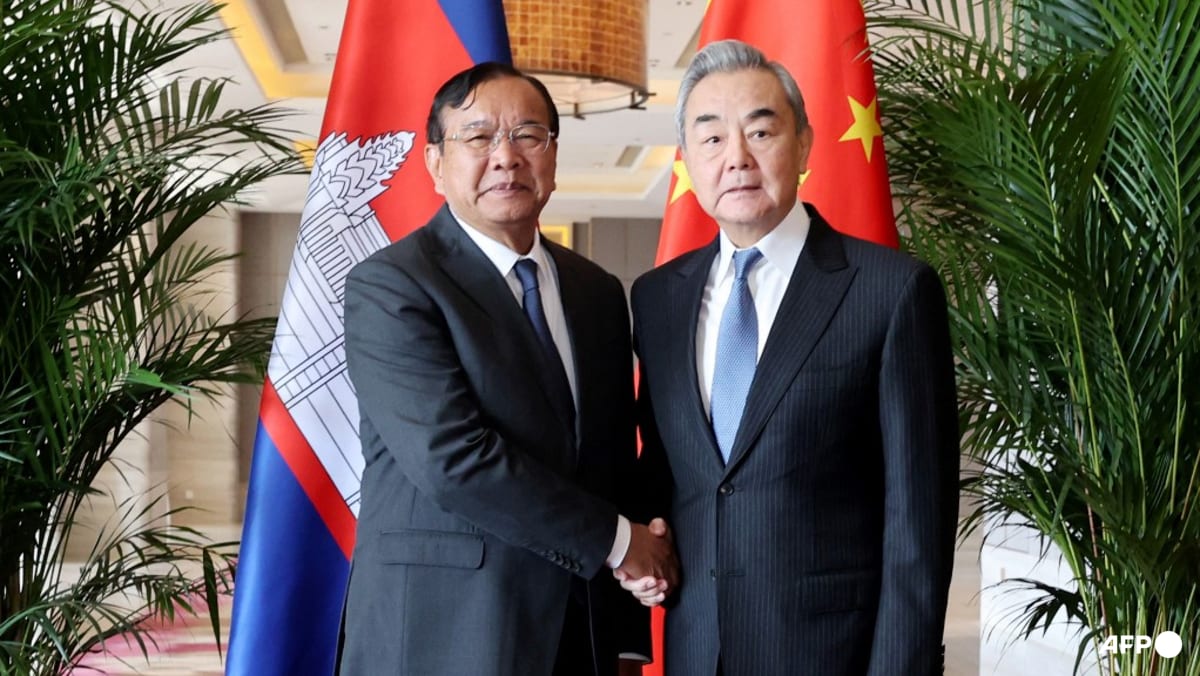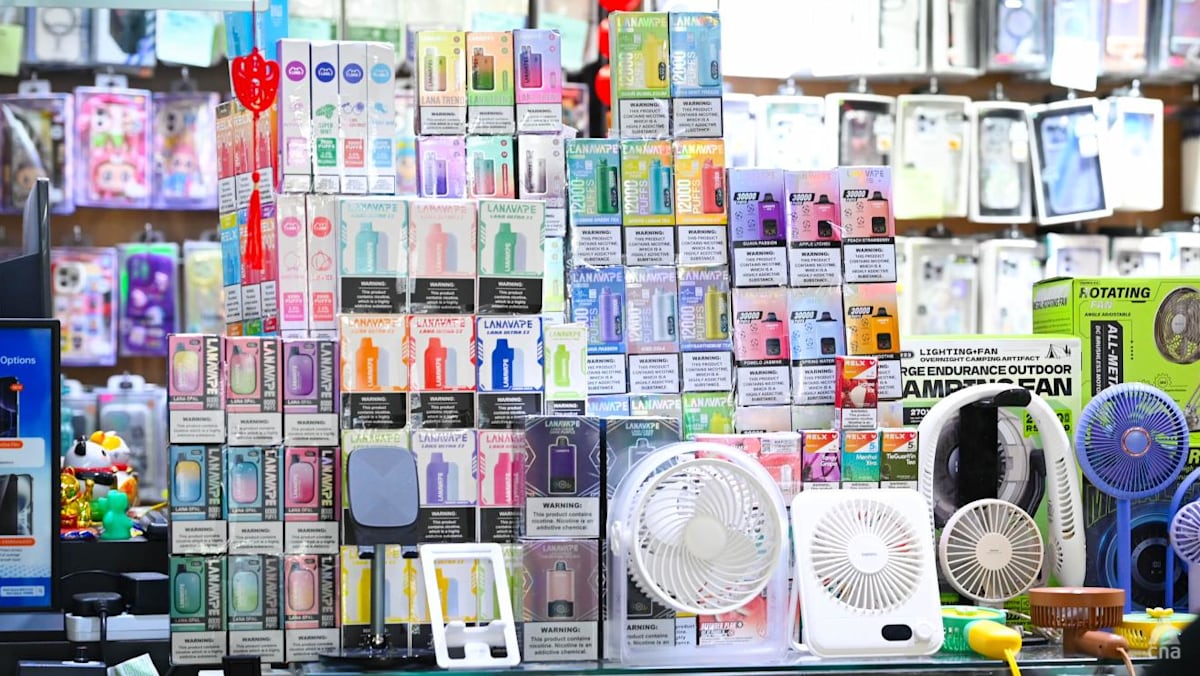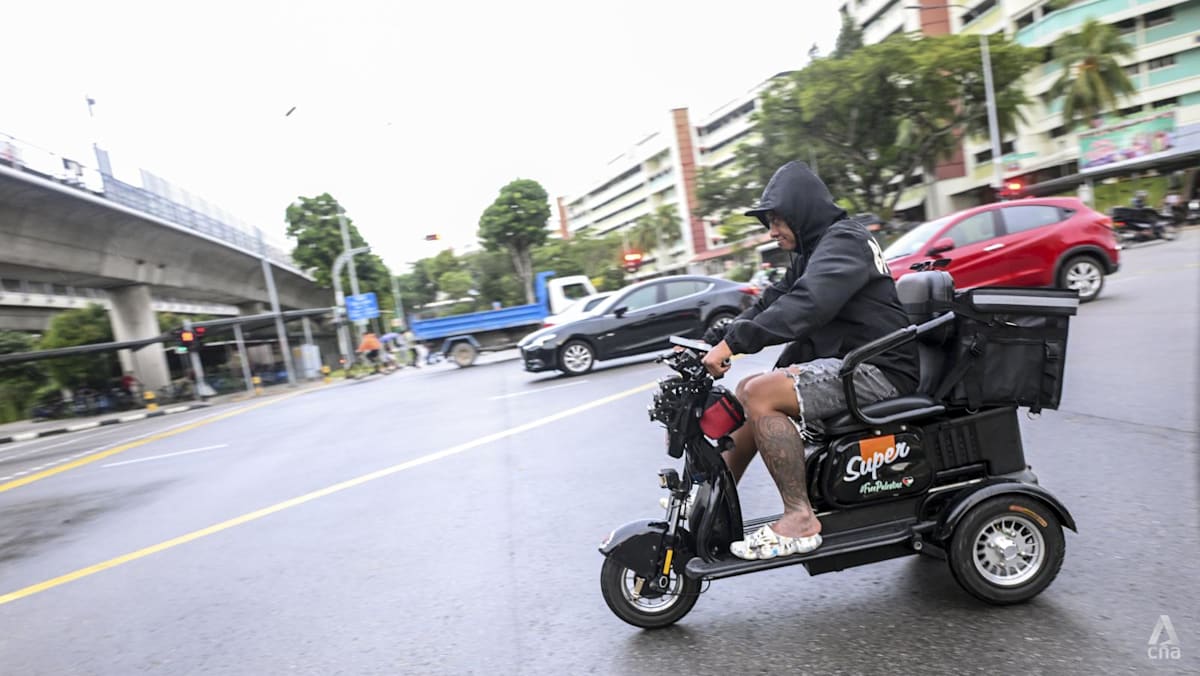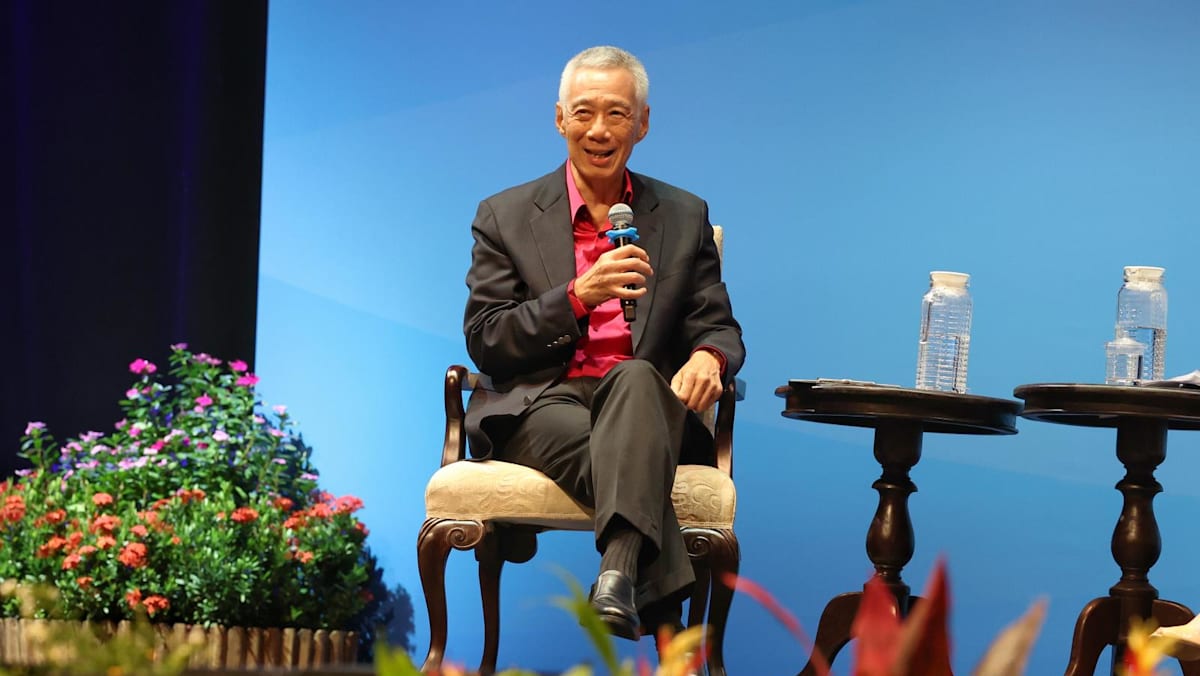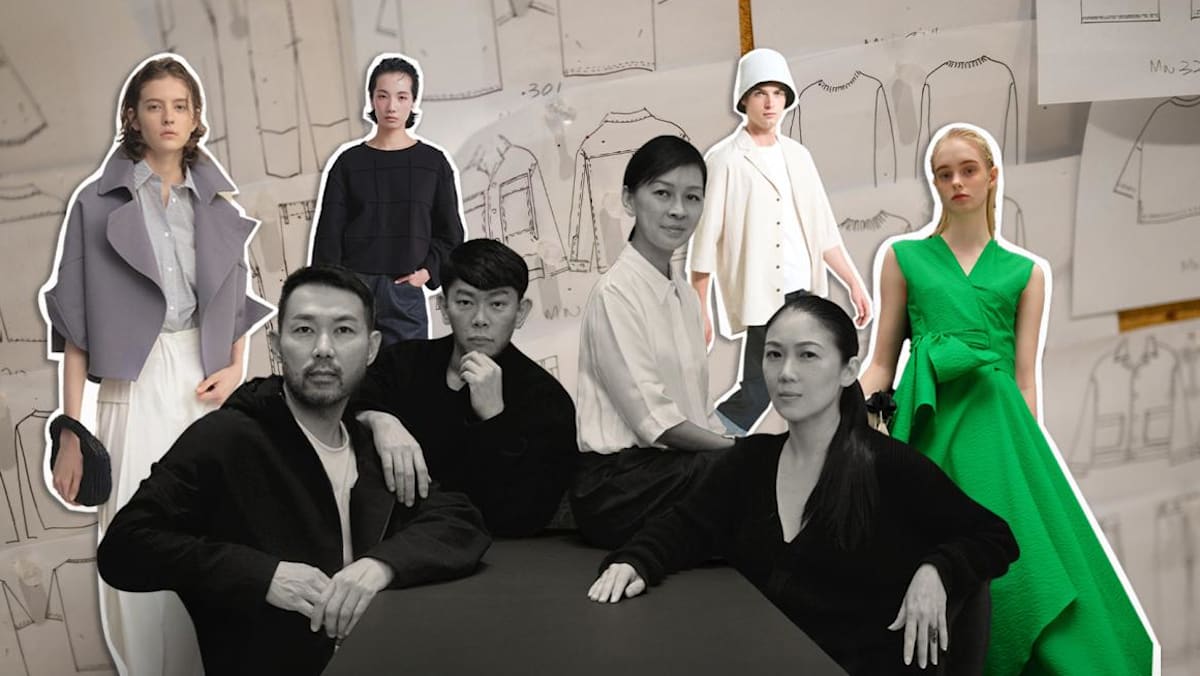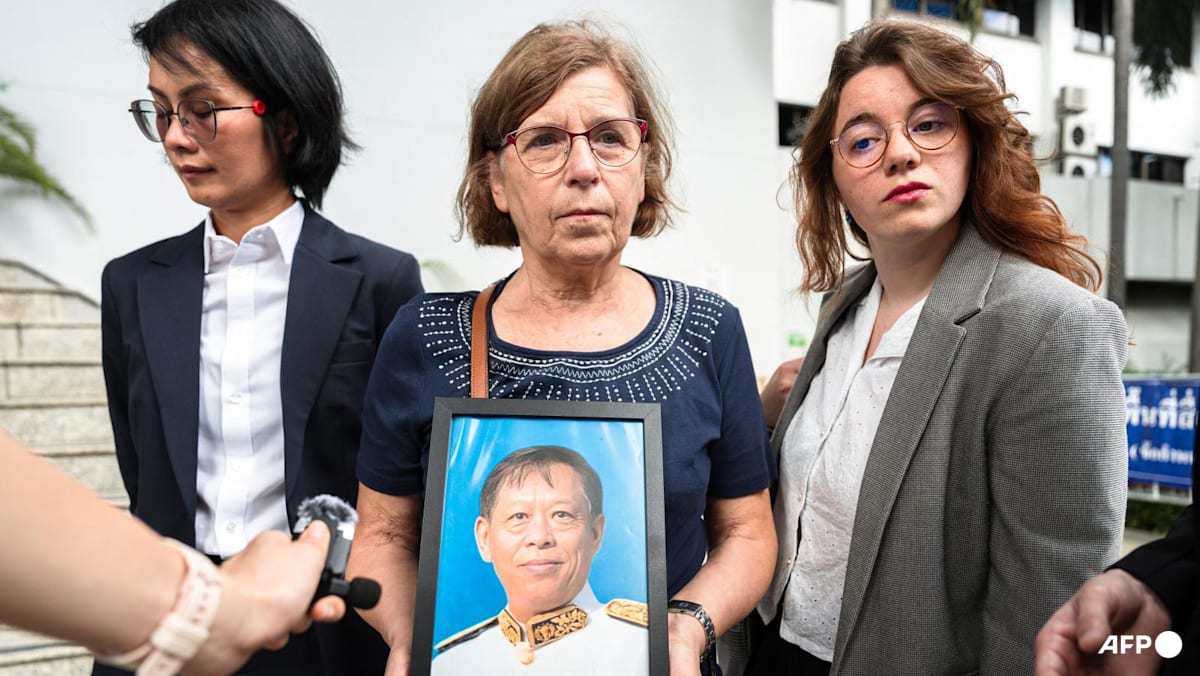In a modest brick house atop a hill in Indonesia, the local village women gather to practise age-old batik techniques. They chat and laugh as they work, their hands moving with familiar precision.
They are at Rumah SukkhaCitta, a craft school under Denica Riadini-Flesch’s ethical fashion luxury brand, SukkhaCitta. The school is the heart of the community, where women artisans preserve tradition while keeping alive the fabrics and motifs that shape SukkhaCitta’s vision of fashion with purpose.
That vision, described as "farm to closet", goes beyond the school itself. SukkhaCitta’s supply chain spans the full journey: From nearby farms where cotton and indigo are grown, to mills where fibres are woven, dye vats where cloth is coloured, and workshops where batik patterns take form.
Before founding SukkhaCitta, Riadini-Flesch was a developmental economist.
After years of studying abroad, the 34-year-old Indonesian had been taught that “more is more,” and that success meant building endlessly.
This perspective changed when she travelled to rural villages across Indonesia. That was when she met the ibus – an endearing term that means “mother" and is also a polite and respectful way to address women.
She learned from the ibus about the loss of their artisanal knowledge and environmental care due to shifts in the economy. Most also struggled to earn a livable wage despite working tirelessly to support their families.
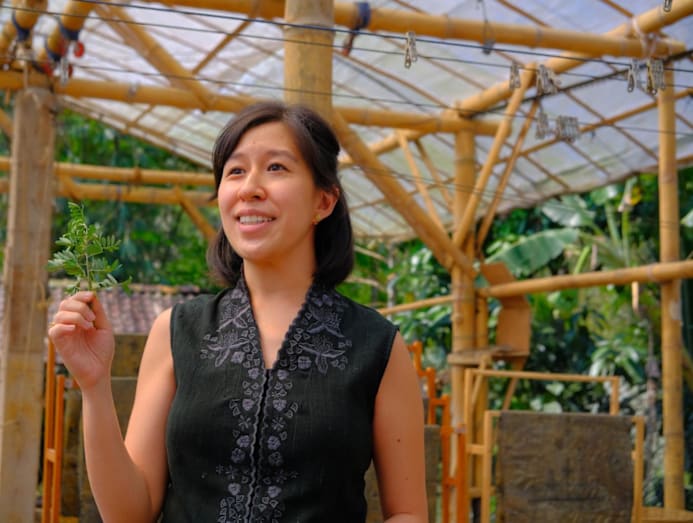 Riadini-Flesch holds an indigo leaf harvested on a farm in a village where Rumah SukkhaCitta is located. (Photo: CNA/Izza Haziqah)
Riadini-Flesch holds an indigo leaf harvested on a farm in a village where Rumah SukkhaCitta is located. (Photo: CNA/Izza Haziqah)
Since then, Riadini-Flesch made it her mission to build bridges with these skilled ibus and shine a light on their craft while ensuring they earn a fair and sustainable income.
In 2016, she launched SukkhaCitta, positioning it as a brand that does just that. It offers luxurious batik while creating opportunities for women in rural villages. Her efforts have since been recognised internationally, earning her the first prize at the Cartier Women’s Initiative in 2023 and a Rolex Award for Enterprise in the same year.
The Rolex award, part of the luxury brand’s Perpetual Planet Initiative, honours people whose projects tackle global challenges. The initiative was first created in 1976 to commemorate the 50th anniversary of the Rolex Oyster watch. It fosters the values that underpin Rolex, including quality, ingenuity, determination and an enterprising spirit.
Riadini-Flesch was recognised for providing economic opportunities for the ibus, bringing their heritage craft to the world stage, and developing methods that help heal the environment.
These awards matter because they give her a voice and the means to amplify the stories of the ibus, Riadini-Flesch said.
With the Rolex award in particular, she aims to focus on three areas: Expanding facilities to support more artisans, improving batik schools like Rumah SukkhaCitta in different villages, and developing a digital app to share regenerative farming knowledge with women in remote communities.
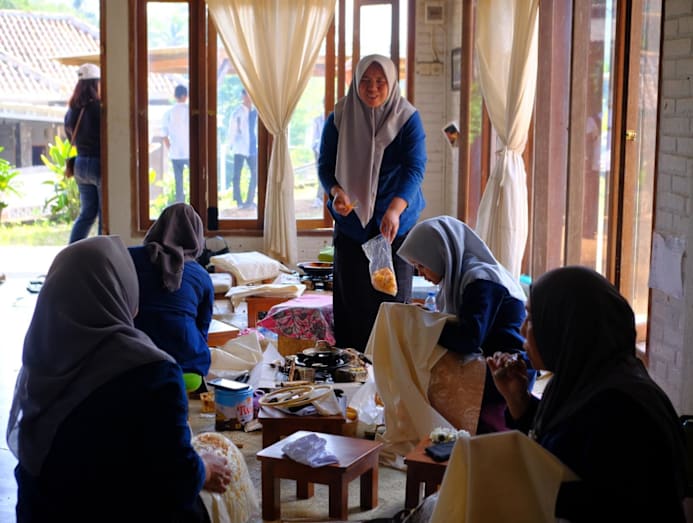 At the craft school of Rumah SukkhaCitta, batik craftswomen work together in an easy and lighthearted mood. (Photo: CNA/Izza Haziqah)
At the craft school of Rumah SukkhaCitta, batik craftswomen work together in an easy and lighthearted mood. (Photo: CNA/Izza Haziqah)
To her, the ibus are the soul of SukkhaCitta: Skilled, hardworking artisans who make clothes and batik by hand.
“When I first met the village women all those years ago, before I started SukkhaCitta, they wouldn’t even look me in the eye – they were too intimidated,” Riadini-Flesch told CNA Luxury. “They had been taught not to interact freely with women from the city, especially with lighter-coloured skin. That discrimination ran deep, and it broke my heart.”
Today, those barriers no longer exist.
At the craft school, Riadini-Flesch greets artisans, farmers, and dyers like old friends or even relatives. She and the ibus work side by side, laughing comfortably as they bring new clothes to life.
THE WARM FARM-TO-CLOSET COMMUNITY
The name Rumah SukkhaCitta, or “house of happiness” in Bahasa Indonesia, feels apt to Riadini-Flesch, as it is not just a production space where workers come together, but a living, breathing community where clothes are made with heart.
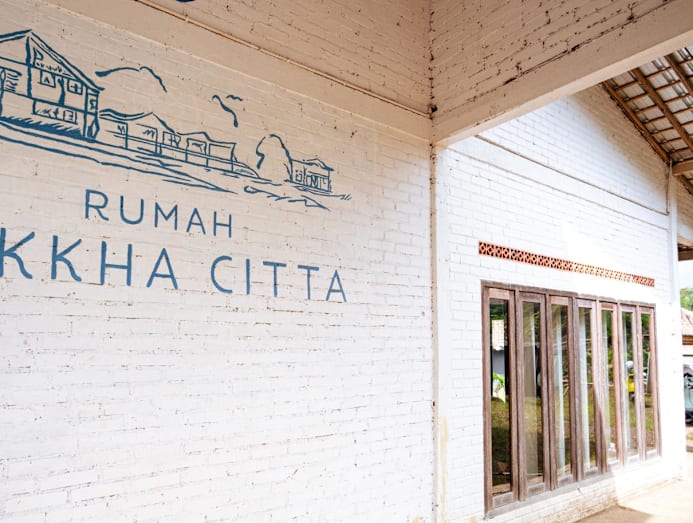 A Rumah SukkhaCitta craft school located near Magelang, a city in Central Java, Indonesia. (Photo: Rolex)
A Rumah SukkhaCitta craft school located near Magelang, a city in Central Java, Indonesia. (Photo: Rolex)
The main building is a quaint brick house perched on a hill, surrounded by village homes and overlooking forests and fields, some of them filled with the indigo plants used in SukkhaCitta's dyeing process.
Inside, women wearing tops in the brand’s signature indigo tones with matching hijabs sit in circles with batik tools such as tjanting in hand. Wax simmers in small pots, fabrics are piled next to the women or onto their laps, and different batik patterns and motifs emerge on the cloth under the ibus' steady, meticulous hands.
The mood is lighthearted. Some women chat and joke as they press wax onto the fabrics, while others sit outside with their children, who dart across the grass in play.
Outside the house, large vats hold indigo dye, where fabric is dipped once or up to 30 times to create shades ranging from sky blue to SukkhaCitta’s signature SweetIndigo, a colour achieved by mixing indigo plants with sugar.
Billowing fabrics dry on clotheslines against the backdrop of the forest and village, turning the work area into a scene both picturesque and serene.
One artisan, known as Ibu Dwi, is a 32-year-old mother who once did batik only for fun. Encouraged by a friend to join SukkhaCitta, she said she now feels “happier and more at ease.”
“Here, I can chat and work with my friends, let my children play with other kids, and turn my passion into a job while earning money to support my family,” she told me in Bahasa Indonesia.
A short bike ride away is a cosy textile mill where women weave cotton harvested from the farm into fabric, or sew fabrics together to create SukkhaCitta's clothes. They sit alone, in pairs, or in small groups, working with sewing or milling machines. Outside, others rest or inspect fabrics for blemishes or incomplete batik patterns.
The mill also handles returned garments through SukkhaCitta’s Lifecycle Responsibility programme, a lifetime warranty designed to extend the life of each piece. Customers can have their clothes repaired or re-dyed with the brand’s 100 per cent plant-based dyes, shifting garments from lighter to darker shades at no cost. Fees apply only for major alterations, such as converting a short-sleeved shirt into a long-sleeved one.
And whenever Riadini-Flesch or her husband and the brand’s chief operating officer, Bertram Flesch, pass through any area across this community, they stop to chat with the locals, the ibus, the farmers, and their family members.
Their presence may stand out as that of an urban-educated city-dwelling woman and a German man in a rural Javanese village, but the exchanges are genuine, marked by warmth and trust.
“It took us years to get to know them and for the villagers, farmers and ibus to trust us,” Riadini-Flesch said. “Understandably so, many of them have been working for decades and have experienced scams or exploitation.”
“We had to live with them, learn who they trusted, and get to know their village leaders,” Flesch added. “Only then did we start to sincerely and truly work together.”
TAPPING INTO AGE-OLD WISDOM AND SHARING IT
“In Indonesia, 99 per cent of cotton is imported,” Riadini-Flesch said. “But there are still local farms growing cotton, tended for centuries by farmers rich in knowledge, many of whom have sadly been forgotten.”
This rediscovery of heritage farming is central to SukkhaCitta’s work. One method known as “tumpang sari” is an ancient Indonesian practice of planting diverse crops close to each other so they thrive together, like a small forest ecosystem.
One woman embodying this wisdom is Ibu Kasmini, a farmer in her 60s whose late grandmother taught her cotton farming as a child. When Riadini-Flesch first met her, Kasmini said that she had to switch to planting corn as it generated better income.
With SukkhaCitta’s support, however, Kasmini returned to cotton, farming it with chilli, mung beans, and corn. The regenerative mix based on the “tumpang sari” method restored her farm's soil health and increased her cotton yield significantly.
These age-old values of sustainability are woven into every stage. Natural dyes like SweetIndigo may require up to 30 dips, but the mixture of indigo plants and sugar comes together harmoniously without needing any toxic chemicals to be used. The process protects rivers polluted by synthetics, while nourishing the soil around them.
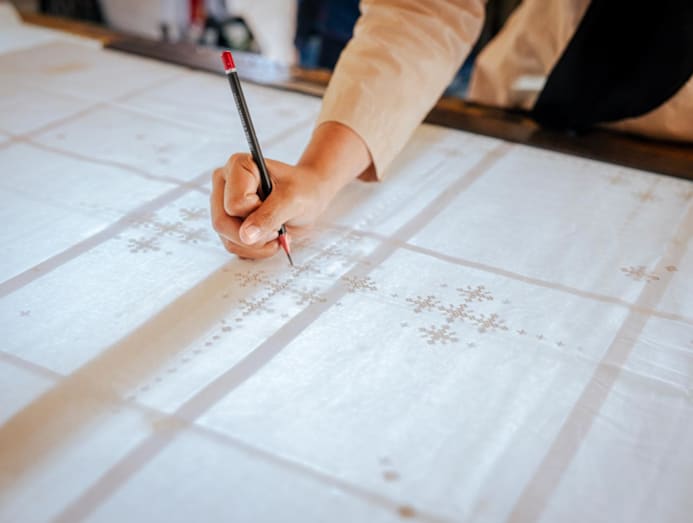 Artisans will draw SukkhaCitta’s patterns onto cotton or linen, before handing the fabric over to batik artisans, who will trace over the motifs with wax before dyeing it with plant-based dyes. (Photo: Rolex)
Artisans will draw SukkhaCitta’s patterns onto cotton or linen, before handing the fabric over to batik artisans, who will trace over the motifs with wax before dyeing it with plant-based dyes. (Photo: Rolex)
Even though SukkhaCitta prides itself on its use of venerable skills and knowledge, the brand is not anti-technology.
Flesch shared that, for example, cotton gins are used so they can save ibus hundreds of hours separating cotton fibre from seed.
They also recognise that by reaching out to experts beyond the world of fashion, they can expand their impact in more meaningful ways for the planet.
“We’re not farming experts, we’re a fashion company. So we work with academics with valuable knowledge who can help us farm better,” Flesch said.
He added that SukkhaCitta reinvests its profits and grants into these collaborations, while also developing digital tools to capture and share farming knowledge from both academics and generational farmers, including an app that will digitise SukkhaCitta’s curriculum and make it accessible to more farmers in rural Indonesia.
PARTNERS, NOT WORKERS
As of now, since its beginning nine years ago, SukkhaCitta’s impact has influenced the lives of 1,500 people, over 30ha of degraded land regenerated, and more than 3 million litres of toxic dyes kept out of Indonesia’s rivers.
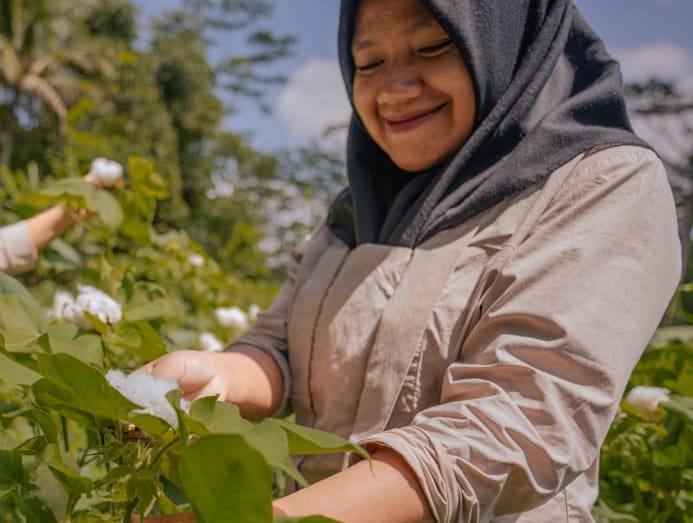 As part of the farm-to-closet philosophy, SukkhaCitta’s clothes are made from cotton harvested in a field near Magelang. (Photo: Rolex)
As part of the farm-to-closet philosophy, SukkhaCitta’s clothes are made from cotton harvested in a field near Magelang. (Photo: Rolex)
Though based in Jakarta, the brand’s craft schools and villages are rooted in places like Magelang and Ambarawa in Central Java and the island of Lombok.
Riadini-Flesch plans to increase the number of craft schools and by 2030, she aims to impact 10,000 lives and regenerate 1,000ha of land.
“When you educate and uplift women, you uplift everyone around them,” Riadini-Flesch said.
She has seen this firsthand. After SukkhaCitta became an integral part of the village, stimulating its economy and raising its profile, the ibus, empowered by their newfound income, pooled their resources to build a school for orphans near the craft school.
Riadini-Flesch is proud and deeply touched by the move, but she's not surprised. She has always known the ibus to be intelligent, generous, and committed to ensuring their community moves forward together.
“SukkhaCitta isn’t just a brand or the clothes you wear on your back,” she said. “It’s a movement to make the planet a better place, even if it’s just by a small plot of land, and to amplify the voices of the ibus.”
“To me, these ibus and farmers are not my workers. I’m just a bridge, bringing together what they’ve always done and known for decades. To me, they are my partners.”
CNA Luxury was at Rumah SukkhaCitta in Indonesia at the invitation of Rolex.





